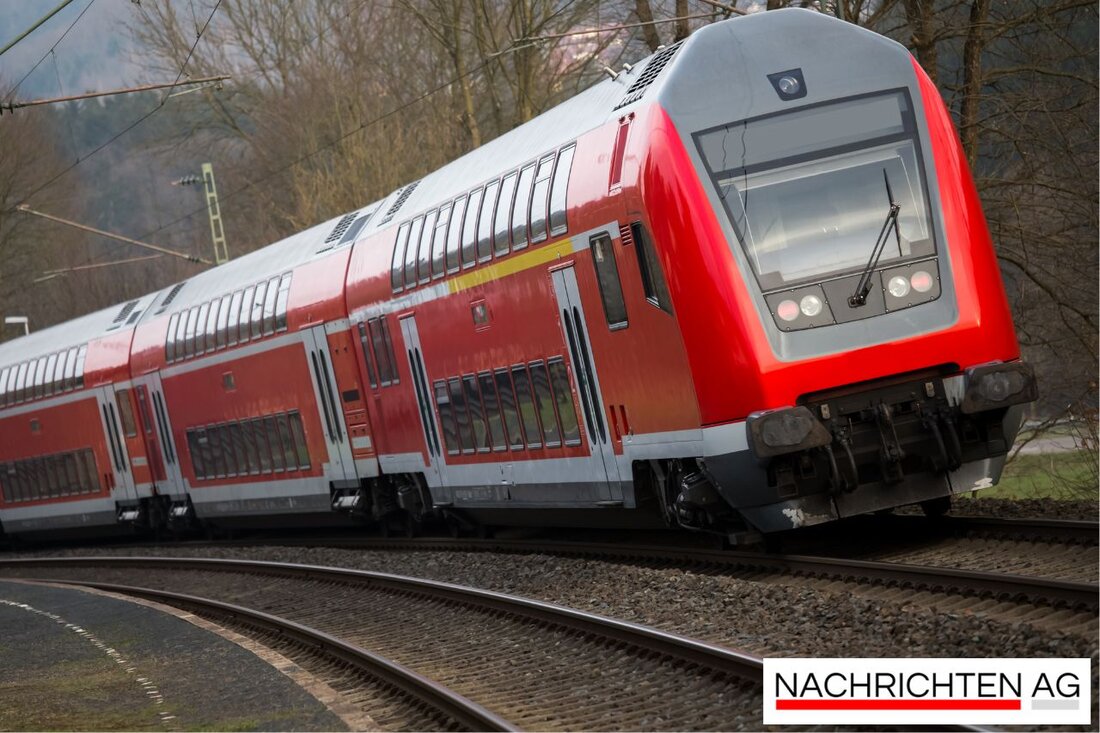Technical defect: Bergedorf S-Bahn without barrier-free access!
Current reports on the S-Bahn in Bergedorf: No barrier-free access until June 13, 2025. Find out about alternatives.

Technical defect: Bergedorf S-Bahn without barrier-free access!
Today, Deutsche Bahn issued an important notice for passengers in Hamburg. Access to the S-Bahn station in Bergedorf is currently not barrier-free. This is due to a technical defect at the train station, which is affecting travel. The restrictions will come into effect from June 12th to 13th, 2025. The railway company recommends that affected passengers use bus lines 32, 235 or X30 between Nettelnburg and Bergedorf during this time. This shows once again how important smooth public transport connections are, especially in a city that strives for a high level of mobility for its citizens news.de reported.
The situation in Bergedorf sheds light on a larger problem: accessibility in public transport. In Germany, creating barrier-free access to train stations and public transport is increasingly seen as essential, especially for people with disabilities or mobility restrictions. The “Law for the Equality of Disabled People (BGG)” and the Passenger Transport Act (PBefG) strive for complete accessibility in local public transport. The measures include taking into account the needs of people with mobility or sensory impairments in local transport plans. These laws were introduced in 2002 and have since resulted in a number of adjustments in the area of public transport bmv.de.
Comparison to new projects
In contrast to the situation in Hamburg is the upcoming opening of the new Frankfurt-Ginnheim S-Bahn station, which will be operational from December 15, 2023. This station will be barrier-free and have a pedestrian overpass, stairs and elevators. Five other train stations in the region will also be made barrier-free. Access to this station will be a significant improvement not only for people with disabilities, but for all passengers, as the German railway communicates.
These developments show that the need for barrier-free infrastructure goes far beyond simply complying with legal requirements. Society has a great interest in ensuring that all people, without exception, have access to public transport in order to take part in social, professional and personal development. Mobility opportunities are crucial for social participation and must therefore be the focus of all transport projects.
The current situation in Bergedorf reminds us that there is still a lot of catching up to do in many regions. It is hoped that those responsible will find a solution quickly and that similar defects can be avoided in the future. It remains to be seen how accessibility measures in public transport will develop in the coming months, especially in view of the legal requirements that are due to take effect by the end of June 2025.

 Suche
Suche
 Mein Konto
Mein Konto